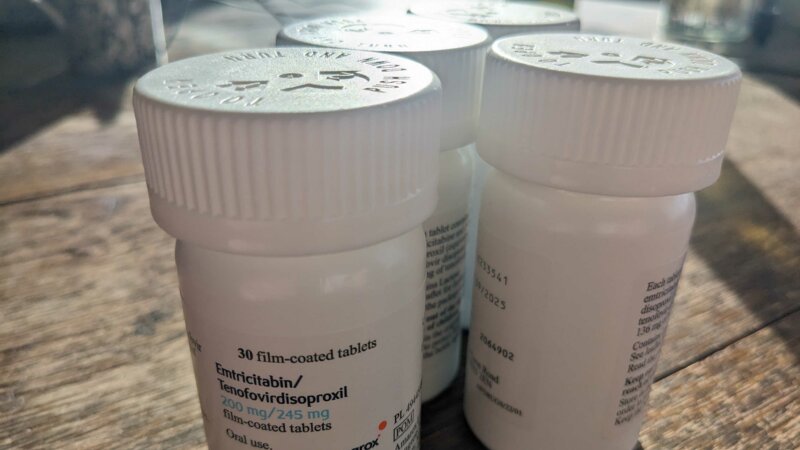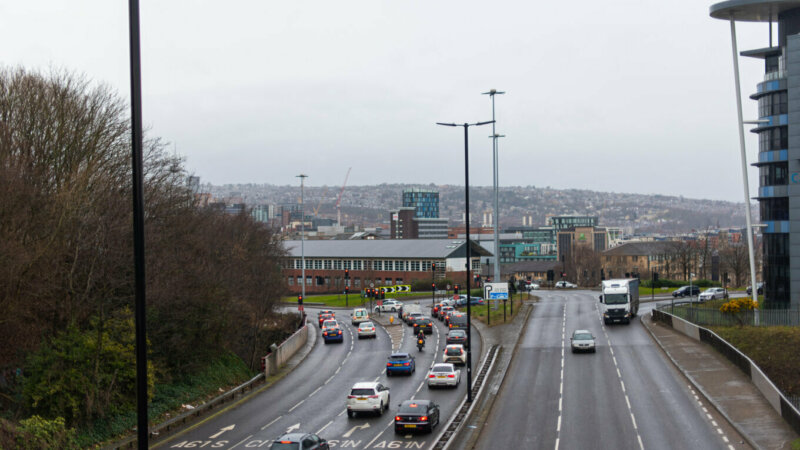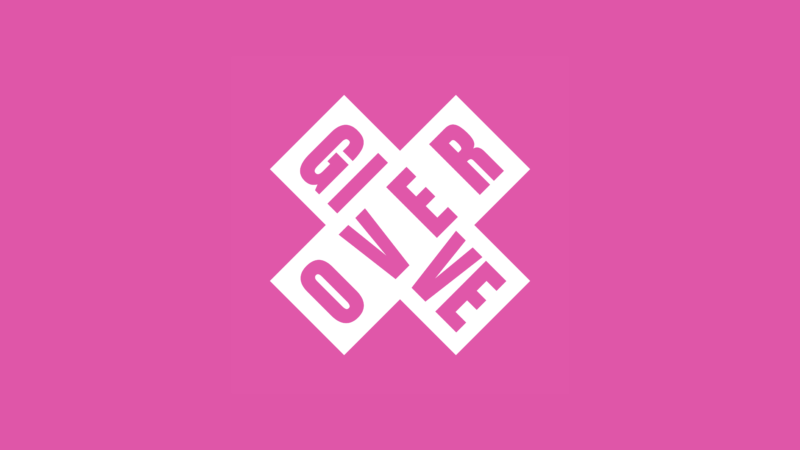Social Distancing: The ‘one-metre plus’ rule is here, but do all Sheffielders feel safe?
We must not forget that certain groups of people could be made more vulnerable by our newfound freedoms.

Anisah Chunara.
We find ourselves in a better position than we thought we would be a couple of months ago, when the number of coronavirus deaths topped a thousand a day and being outside seemed like a far-away dream. Pubs and restaurants have opened their doors once again and parks are no longer the only acceptable venue for some adequately-distanced human contact. Gone are the days of looking out the window to get a glimpse of another human being.
Marking this momentous occasion, the government has officially reduced the previously mandatory two-metre rule to ‘one-metre plus’. This move might be misconstrued by some as signalling the end of the pandemic and the start of life as we knew it. It is not. It comes more in the hopes of giving a helping hand to England’s flailing economy.
The threat of transmission is still very much present. As friends are reunited over pints and life creeps its way back to Sheffield’s streets, we must not forget that certain groups of people could be made more vulnerable by our newfound freedoms.
When the pandemic first hit, Anisah Chunara, a 21-year-old psychology graduate living in Sheffield, was bombarded with texts and calls telling her to ‘shield’. Her condition, Inflammatory Bowel Disease (IBD), requires her to take medication that suppresses her immune system, placing her in the ‘at risk’ group.
Like any other 20-year-old the news of shops opening and the two-metre rule being relaxed initially brought Anisah a rush of joy, but she admits to doubting the effectiveness of it.
“I think it’s completely pointless,” she said. “On a day-to-day basis when you talk to someone, especially when you don’t know them that well, you automatically stand a metre apart and you’re still quite close.
“I don’t think it makes a difference. It’s what everyone did in the first place.”
The government’s decision was put into effect as a way to facilitate the opening of shops and restaurants and give Britain’s economy a boost amid countless reports predicting an economic crisis worse than the one experienced in the 1930s. The Prime Minister still urged people to maintain the two metres’ distance ‘where possible’ as scientific advice suggests that one metre carries ‘between two and ten times the risk of two metres of separation’.
True as that may be, Anisah has already experienced behaviours that left her filled with unease.
“When shopping I’ve noticed a few times someone hanging off my shoulder,” she said. “And I think it’s because they’re acting like COVID is already ending.”
Lauren Brown, a 31-year-old Sheffielder living with asthma, was also reluctant to join the celebrations fearing that, even with social distancing rules still in place, people will become reckless.
“I’ll still be staying my distance,” she said. “Until I believe it’s safe to go back to ‘normal’ I won’t be putting my family or myself at risk.”
Humans have always been social creatures. The present eagerness to join the crowds gathering in the streets is really nothing but an innate need. With summer promising longer and brighter days, who can resist a BBQ in the park basking in the sunshine with friends and drinks?
But it was only a month ago that the first heat wave hit. Despite social distancing rules, you could barely get a glimpse of the sand under the hundreds of deckchairs and beach towels occupying English beaches. And in the past few weeks the easing of lockdown in the Peak District has been under review after a spike in cases was recorded in High Peak and Staffordshire Moorlands.
The people left feeling the most apprehensive about the unpredictability of the virus and people’s behaviours are Sheffield’s older people.
“I do not necessarily find the relaxation welcome,” said Pearl Woodward, 69, a piano teacher who has found the silver lining in being able to resume lessons with her students face to face but is still cautious about the possible implications.
“There’s still risks such as being indoors, spending more than 15 minutes with someone, and hand contamination. For me, two metres is as safe as it gets.”
Steve Chu, chief executive at Age UK Sheffield, says older people have told the charity that they “feel apprehensive or even scared to leave the house because of the potential behaviours of other members of the public.
“Because of this, we’d appeal to everyone to fully consider all social distancing guidance to prevent the spread of the virus and the impact this has on our older community.”
It is easy to forget that only a few weeks ago we were fearfully glancing at our phones for the latest announcement of daily deaths, trying to push down another suffocating wave of panic. But we also shouldn’t forget that England remains on some countries’ no flight lists and fears of a second spike are voiced every day by scientists and medical professionals.
Be vigilant and gear up with all the necessary protective equipment - face masks, gloves, hand sanitiser and a healthy distance - not just for your safety, but out of kindness and respect for the vulnerable population of Sheffield, who still live in fear of a second wave.







